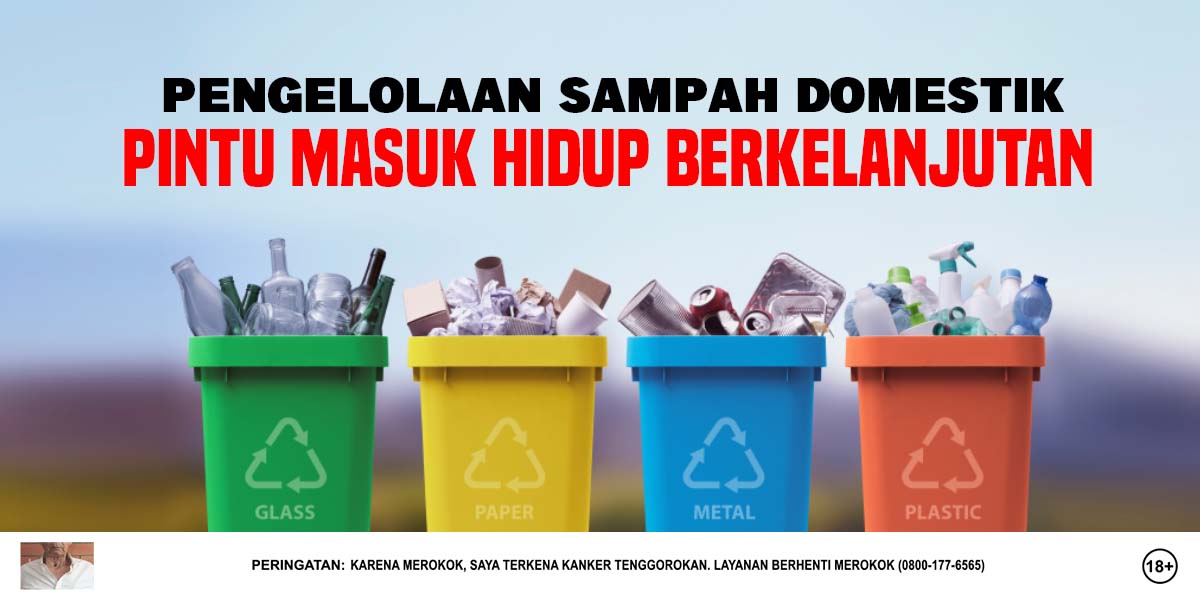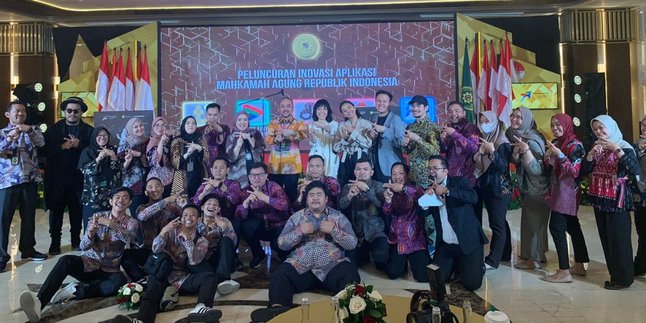Kapanlagi.com - Managing domestic waste such as plastic waste in households is a challenge that we face almost every day. We cannot deny that many people still use plastic containers or packaging in their activities, which ultimately leads to an increase in plastic waste.
For example, plastic bags for food ingredients such as meat, chicken, fish, vegetables, and fruits. Many people still use plastic bags for their groceries. That's just for food shopping, not to mention other types of shopping. However, with a few simple steps, we can make a big change in reducing the amount of plastic waste generated by households.
There are three fundamental ways we can reduce the amount of plastic waste in households. This is not only the responsibility of households but also for those who want to experience a better environmental future. But before that, let's understand how urgent the problem of plastic waste is.
Understanding the Problem of Plastic Waste
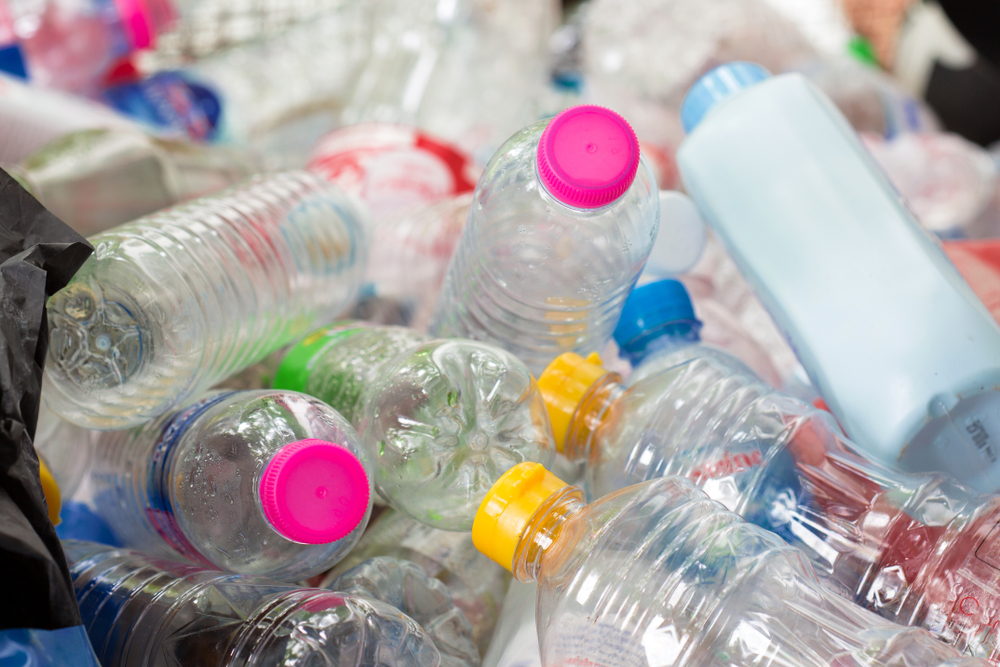
Plastic waste has become a serious global environmental problem. Plastic, with its durable and non-biodegradable nature, can persist in the environment for hundreds to thousands of years. This means that every piece of plastic ever produced, except for those that have been burned, still exists somewhere on this planet. It is known that about 91% of plastic produced is never recycled, and most of it ends up in landfills or our environment.
Most of this plastic waste comes from consumer consumption. From food and beverage packaging to shopping bags and water bottles, we use and dispose of a large amount of plastic every day. That is why domestic waste management plays an important role in addressing the plastic waste problem.
However, the problem is not only the amount of plastic we dispose of, but also how we dispose of it. Many plastics that we throw away can actually be recycled, but often they are not due to lack of knowledge or adequate recycling facilities. Additionally, many plastics that end up in landfills also end up in our environment, polluting the soil and water and harming wildlife.
After understanding the problem of plastic waste, it is now time for concrete action to reduce the amount of plastic waste.
Reducing Plastic Usage
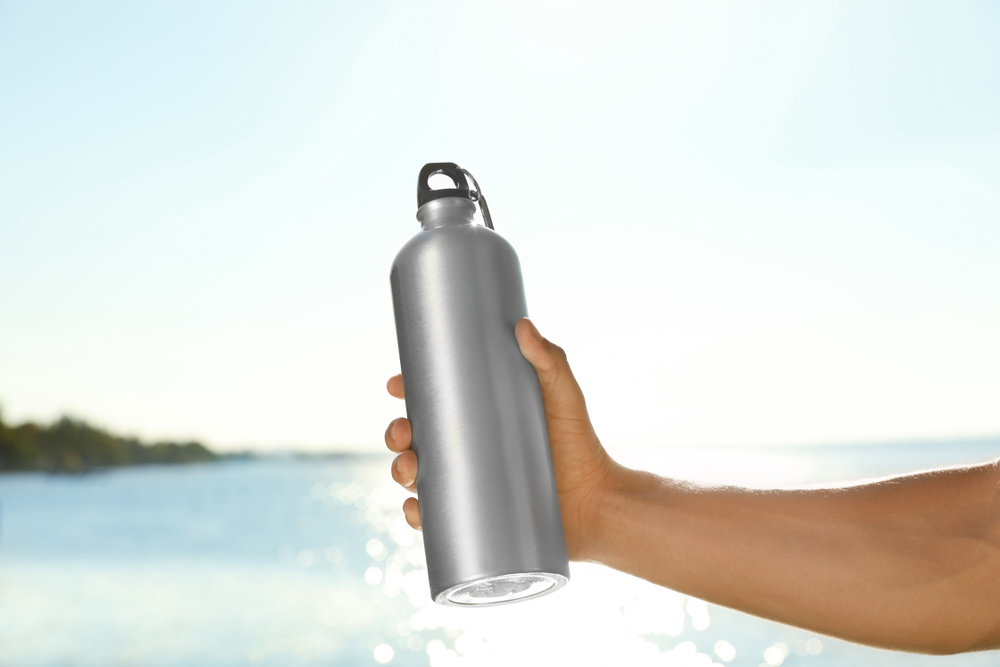
Another way to reduce plastic usage is to avoid food and drinks packaged in plastic. For example, we can choose to buy products in glass or metal packaging that can be recycled, or choose to buy fresh food that is not packaged. As a practical solution, we can bring our own containers when buying take-away food or drinks at coffee shops.
In addition to not using plastic, we can choose to buy products that use less plastic in their packaging. Many companies now offer "plastic-free" or "environmentally friendly" products, which use recyclable materials for their packaging. By choosing these products, we not only reduce the amount of plastic we dispose of, but also support more sustainable business practices.
Recycling Properly

Recycling is another important way to reduce the amount of plastic waste we produce. However, not all plastics can be recycled, and recycling plastic incorrectly can cause more harm than benefit. For example, plastic that is not properly cleaned or sorted can damage recycling machines and reduce the quality of recycled plastic.
It is very important for us to understand which plastics can be recycled and how to recycle them properly. For example, plastic bottles and containers are usually recyclable, but the caps and labels may not be. In addition, some types of plastics, such as dark-colored plastics or plastics used for food packaging, may not be recyclable at all. You should check with your local recycling facility to find out what they accept.
The next important step is to clean and sort the plastic before recycling it. Food or drink residues can damage the plastic and make it unrecyclable, so make sure to wash and dry the plastic before disposing of it. Be sure to separate the plastic according to its type, as different plastics need to be processed differently.
Composting Organic Waste
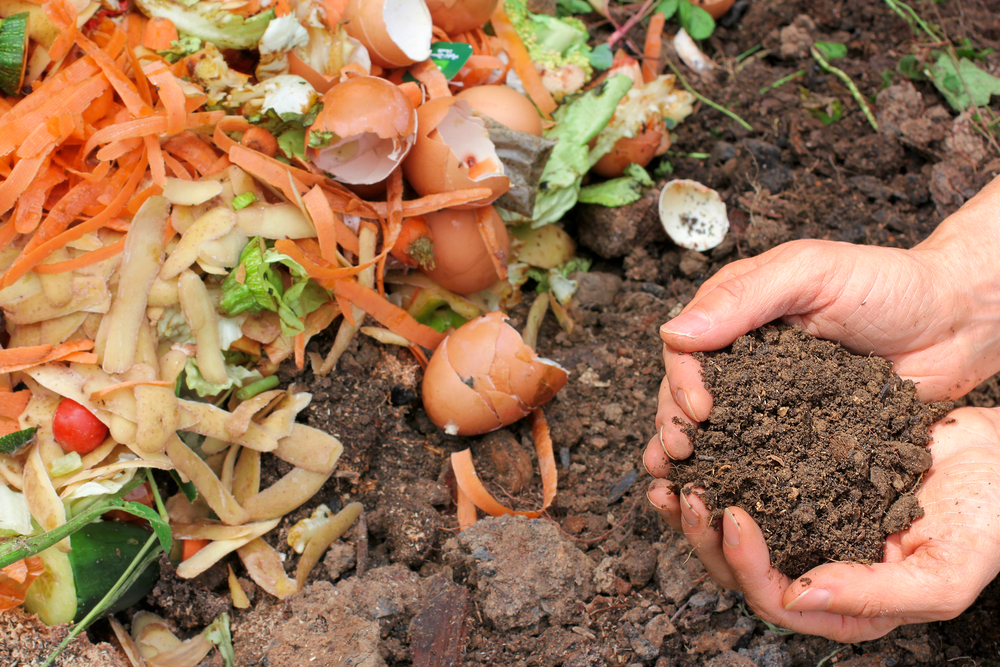
Composting is a natural process that transforms organic materials such as food scraps and garden trimmings into nutrient-rich soil. It is an excellent way to reduce the amount of waste we dispose of and also helps to reduce the amount of plastic we use. For example, by composting our own food scraps, we can avoid the need to buy packaged fertilizers.
Composting at home is also easier than you think. You just need a composting bin (which can be a pile in the backyard or a special composting container) and a mix of "green" materials (such as food scraps and grass clippings) and "brown" materials (such as dry leaves and newspaper). These ingredients will then be decomposed by natural microorganisms into nutrient-rich compost.
However, it is important to note that not all food waste can be composted. For example, meat and dairy products should not be composted as they can attract pests and create unpleasant odors. Additionally, materials that have been treated with pesticides or other chemicals should also be avoided. For more detailed information on what can and cannot be composted.
Amplifying Massive Changes
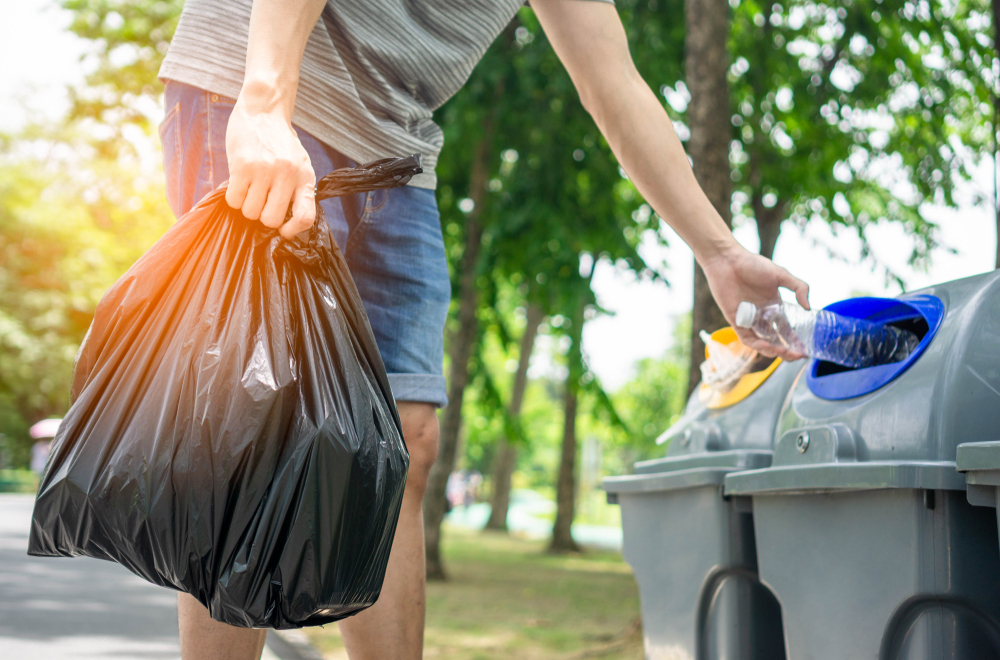
In addition to changing habits, you can also play a role in amplifying the movement for change on a larger scale. One way to do this is by supporting sustainable businesses and products. For example, we can choose to buy products that use recyclable packaging or are committed to reducing carbon emissions.
Furthermore, we can also play a role in advocating for policy changes. This can mean voicing opinions and educating the environment around us. Furthermore, by promoting policies that reduce plastic production and promote sustainable alternatives, we can help create greater and more lasting change.
Finally, we can also play a role in educating others about the issue of plastic waste and what they can do to help. This can mean talking to friends and family, sharing information online. By helping others understand this issue and what they can do to help, we can all create greater change.
(Kpl/Gil)
Disclaimer: This translation from Bahasa Indonesia to English has been generated by Artificial Intelligence.
